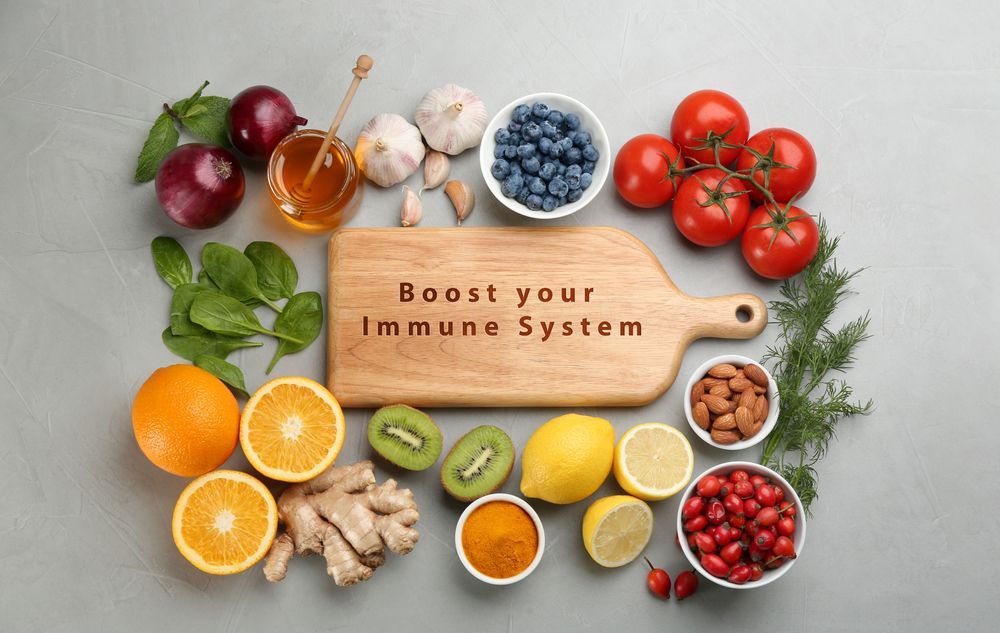As autumn approaches, individuals who prioritize their health and immunity often embark on a quest for "immune-boosting foods." A simple Google search yields approximately 200,000 results, presenting numerous lists that commonly feature items such as citrus fruits, fish, yogurt, and various spices. Amidst this abundance of information, many search results promote dubious remedies marketed as effective cold and flu fighters. The reality, however, is that no single food can guarantee your body's optimal ability to combat bacteria or viruses to which you may be exposed. Nevertheless, recent studies have shed light on how the overall quality of your diet and lifestyle, coupled with specific nutrient-rich, immunity-boosting foods, can contribute to fortifying your body's immune system as the cold weather season approaches.
The immune system is a complex web of cells, tissues, and organs that diligently detect potential pathogens, such as bacteria, viruses, or fungi, when they enter your body. It then takes decisive steps to neutralize these threats. Many vitamins, minerals, and other bioactive compounds found in foods play pivotal roles in supporting this intricate immune defense system. According to research, the most crucial nutrients for bolstering immunity encompass vitamins A (beta-carotene), B, C, D, E, folic acid, linoleic acid, copper, iron, selenium, and zinc. Deficiencies in any of these nutrients, as per research findings, may compromise your body's ability to ward off pathogens effectively.
To enhance your immune system through dietary choices, the key is to adopt a plant-centric diet. Most of the bioactive compounds that help maintain the immune system's optimal functioning are abundant in plant-based foods. A practical guideline is to aim for five to nine servings of fruits and vegetables each day. A serving of fruit constitutes one medium-sized piece of fresh fruit, one cup of berries, or 100% fruit juice. In contrast, a serving of vegetables equals one cup of either raw or cooked vegetables or 100% vegetable juice.
To fortify your immune system during the upcoming fall and winter seasons, here are the top 10 immunity-boosting foods to incorporate into your diet. Continue reading to discover them.
1) Berries:
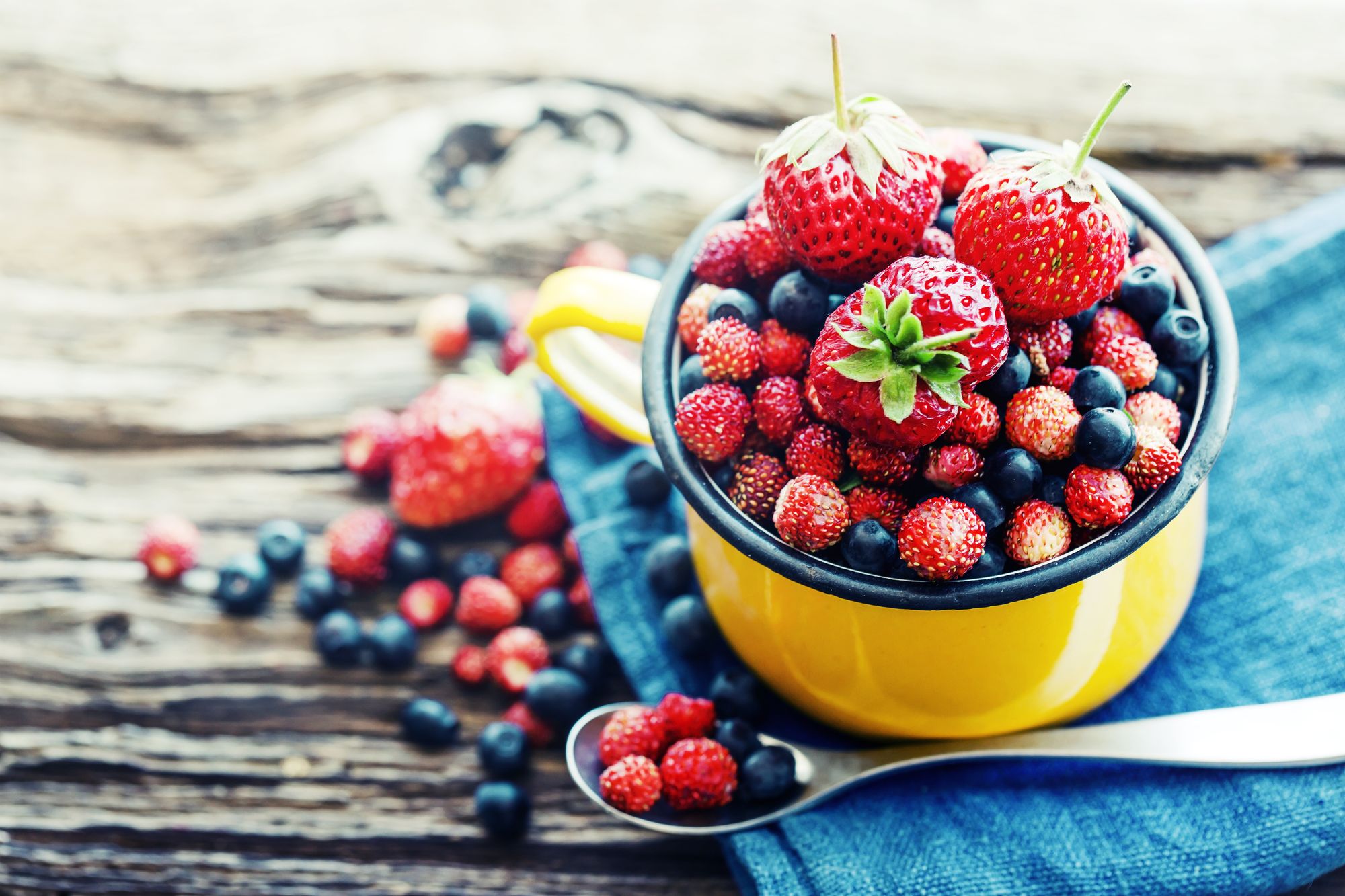
Whether you opt for blueberries, strawberries, blackberries, or raspberries, all these vibrant berries are packed with vitamin C and a potent dose of antioxidants, as highlighted in a review article published in the journal Molecules. The rich red, blue, purple, and black hues of these berries indicate their wealth of beneficial anthocyanins, known for their strong antioxidant properties. Research suggests that these compounds offer various health benefits, including support for your immune system.
2) Garlic:
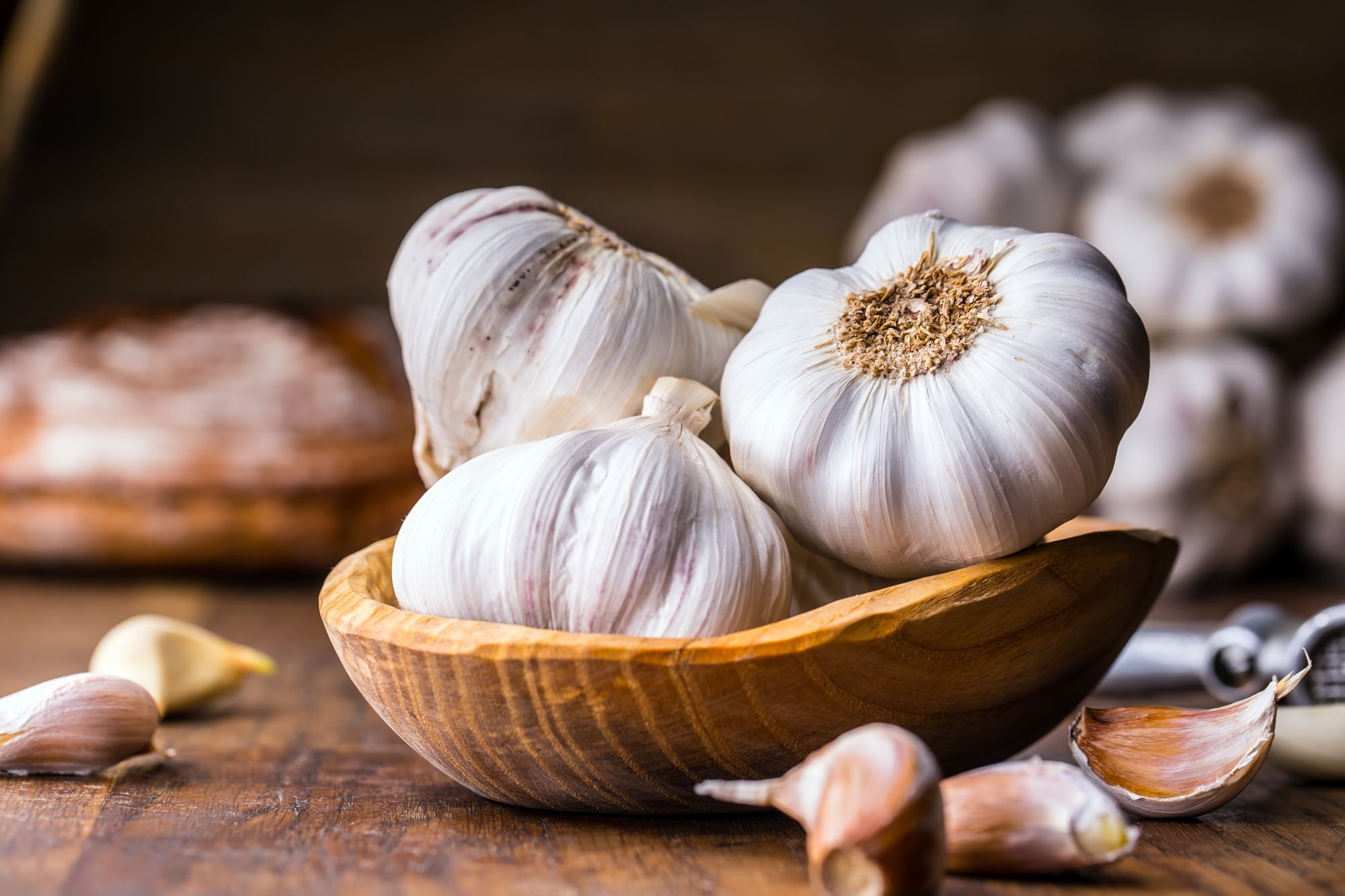
Garlic has been the subject of over 5,000 research articles investigating its role in bolstering immune function. The University of Rochester notes that alliin, the primary bioactive compound in garlic, functions as an antibacterial agent and provides allicin, a natural antibiotic. Garlic has a long history of use as an antiseptic, antibacterial, and antifungal agent, potentially enhancing the immune system's capacity to combat viruses and other pathogens.
3) Leafy Greens:
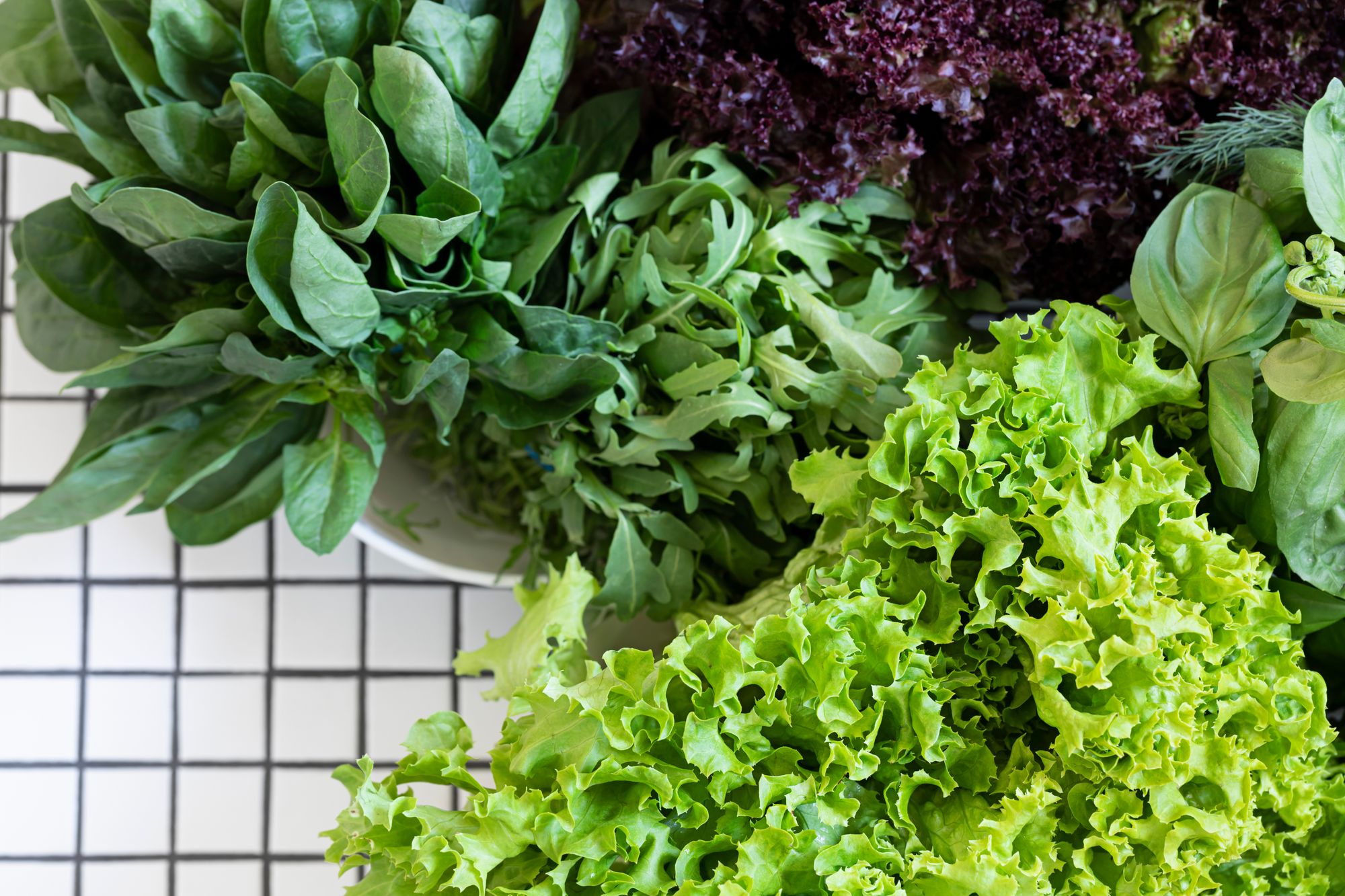
Leafy greens like spinach, kale, arugula, and others are rich in vitamin C and antioxidants like beta-carotene, making them excellent for supporting your immune health, according to registered dietitian Rhyan Geiger, RDN, based in Phoenix. Leafy greens are brimming with nutrients linked to improved immunity, including gut-friendly fiber, vitamin C, beta-carotene, and a plethora of bioactive compounds. A study in the journal Nutrients even reported that in Ikaria, Greece, one of the world's five "Blue Zones" known for exceptional health, residents commonly included bitter greens in their daily diets.
4) Cruciferous Vegetables:
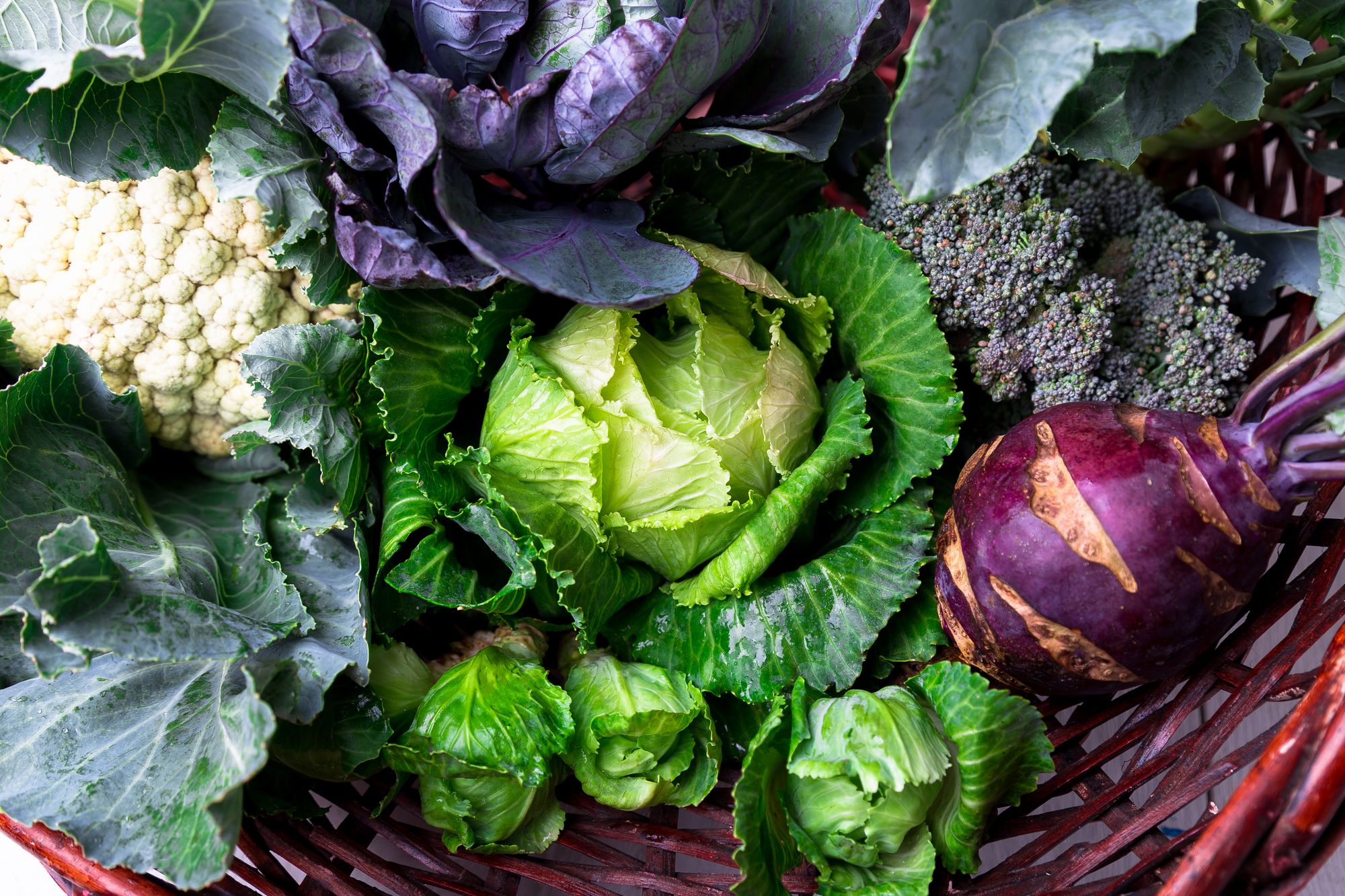
These popular cruciferous vegetables offer unique bioactive compounds that directly enhance your immunity. A study in the journal Cell revealed that cruciferous veggies have a direct impact on the chemical signals that activate intra-epithelial lymphocytes, a crucial class of immune cells serving as the first line of defense against pathogens. Researchers found that in an animal model study, a diet lacking cruciferous vegetables led to the disappearance of 70-80% of these protective cells.
5) Sweet Potatoes:
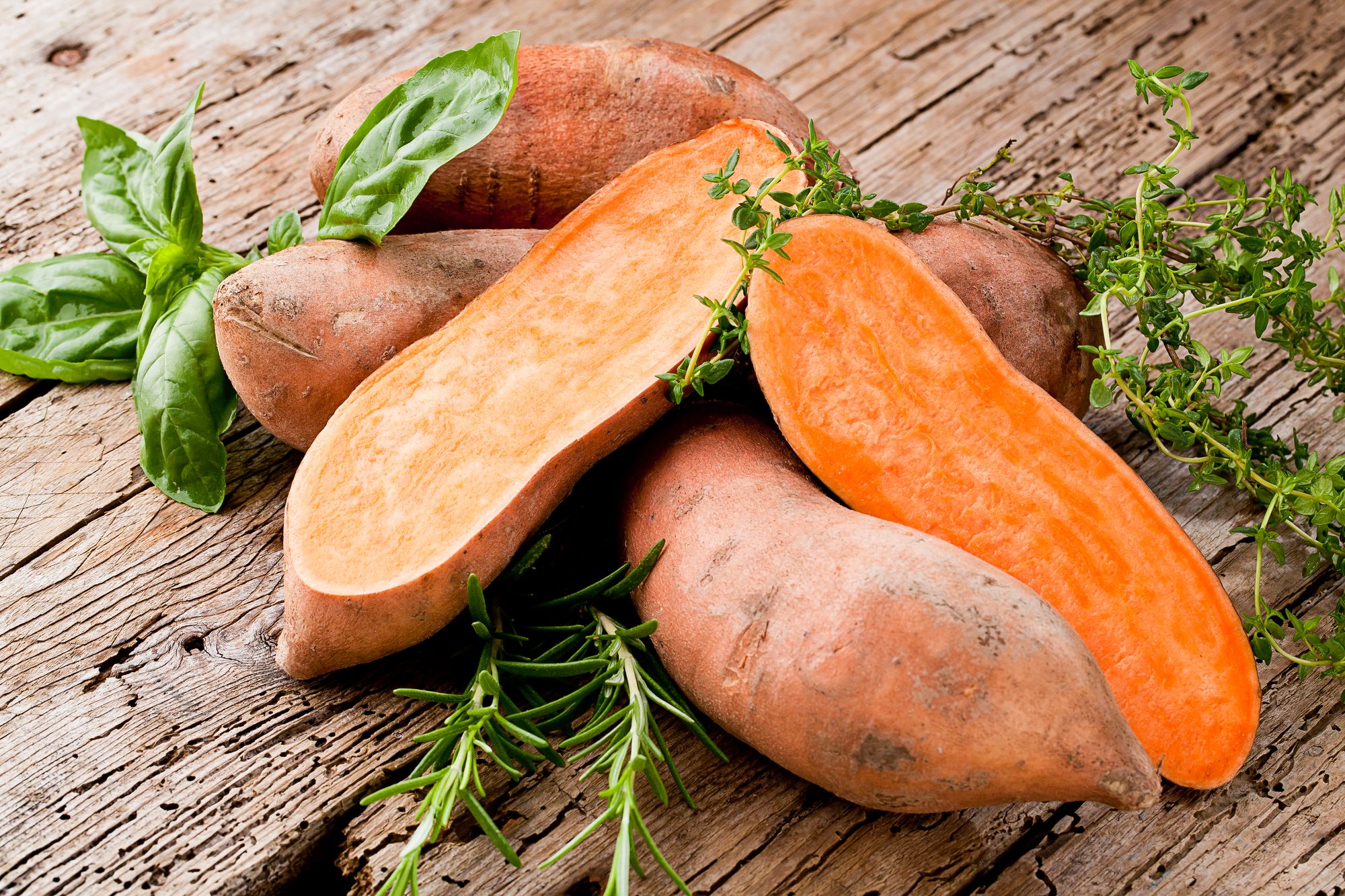
The vibrant orange flesh of sweet potatoes mirrors their high antioxidant content, explains registered dietitian Sarah Schlichter, MPH, RDN. These antioxidants not only promote overall health but also play a role in strengthening the body's immune defenses. A medium sweet potato provides more than 100% of the daily vitamin A requirement in the form of beta-carotene. Studies suggest that sweet potatoes could be an effective way to prevent vitamin A deficiencies. Furthermore, sweet potatoes contain about 40% of your daily vitamin C requirement, along with fiber, potassium, and magnesium. Easily incorporate them into your diet by microwaving and enjoying them mashed or in various dishes, from smoothies to soups.
6) Citrus Fruits:
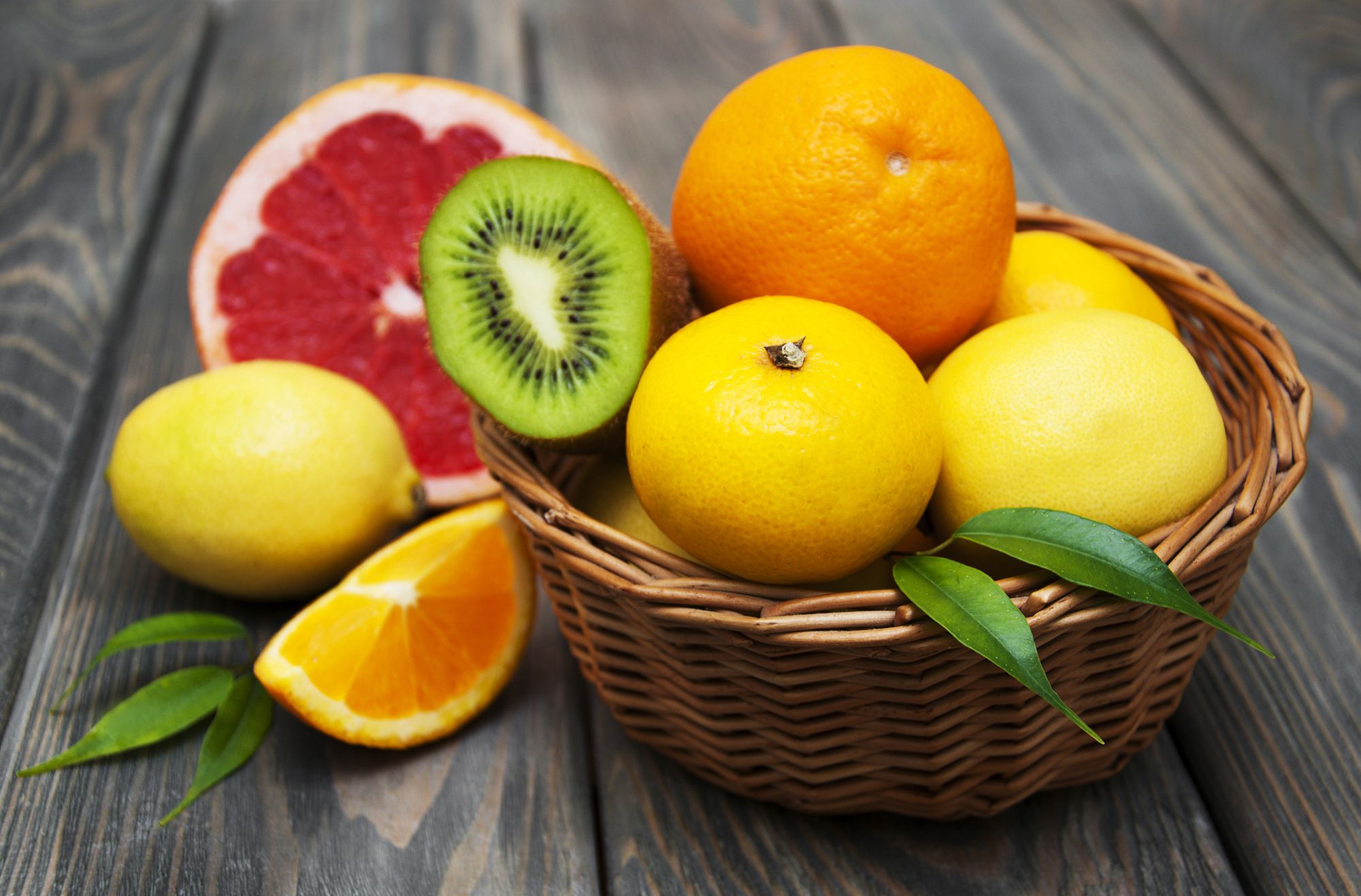
Citrus fruits rank among the top sources of vitamin C, folate, and numerous other beneficial bioactive components that can fortify your immune system. Research published in Frontiers in Immunology highlights citrus fruits' ability to mitigate oxidative stress and control systemic inflammation. The vitamin C and folate found in citrus fruits support the functioning of various immune cells, including natural killer cells and T-cells. Additionally, key bioactive components present in citrus fruits, such as hesperidin, naringenin, naringin, and narirutin, exhibit anti-inflammatory properties.
7) Almonds:

Almonds are often promoted as an immune-boosting food due to their rich vitamin E content. Almonds are nutrient-dense, providing 4 grams of fiber, healthy unsaturated fats, 6 grams of plant-based protein, and essential minerals like magnesium, selenium, copper, zinc, and vitamin E. Almonds contain the highest vitamin E content among all nuts, and studies indicate that vitamin E can enhance T-cells, vital immune system cells capable of neutralizing pathogens. Additionally, almonds have been linked to improvements in gut microbiota, further strengthening immunity.
8) Seeds:
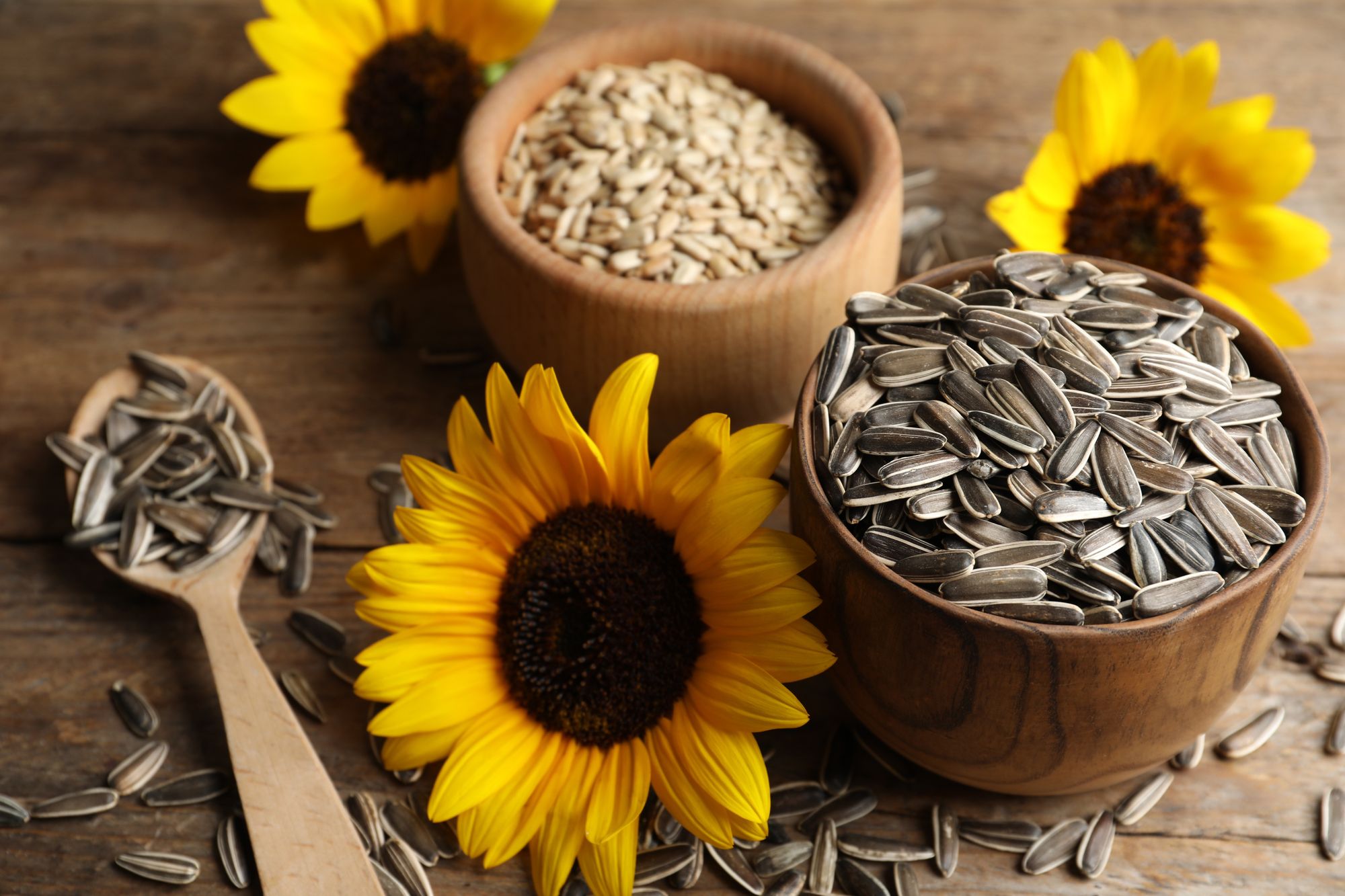
Selenium is a key ingredient in many cough and cold medications due to its role in enhancing white blood cells, which can improve the body's ability to combat infections. Incorporating selenium-rich foods into your diet can help prime your immune system. A study in Advances in Nutrition discusses how selenium promotes a cellular immune response, suggesting its potential as an adjunct therapy alongside traditional medications for fighting infections. Additionally, seeds like pumpkin, sesame, and hemp are rich in B vitamins, fiber, and zinc, all essential nutrients for defending against bacteria, viruses, and fungi.
9) Mushrooms:
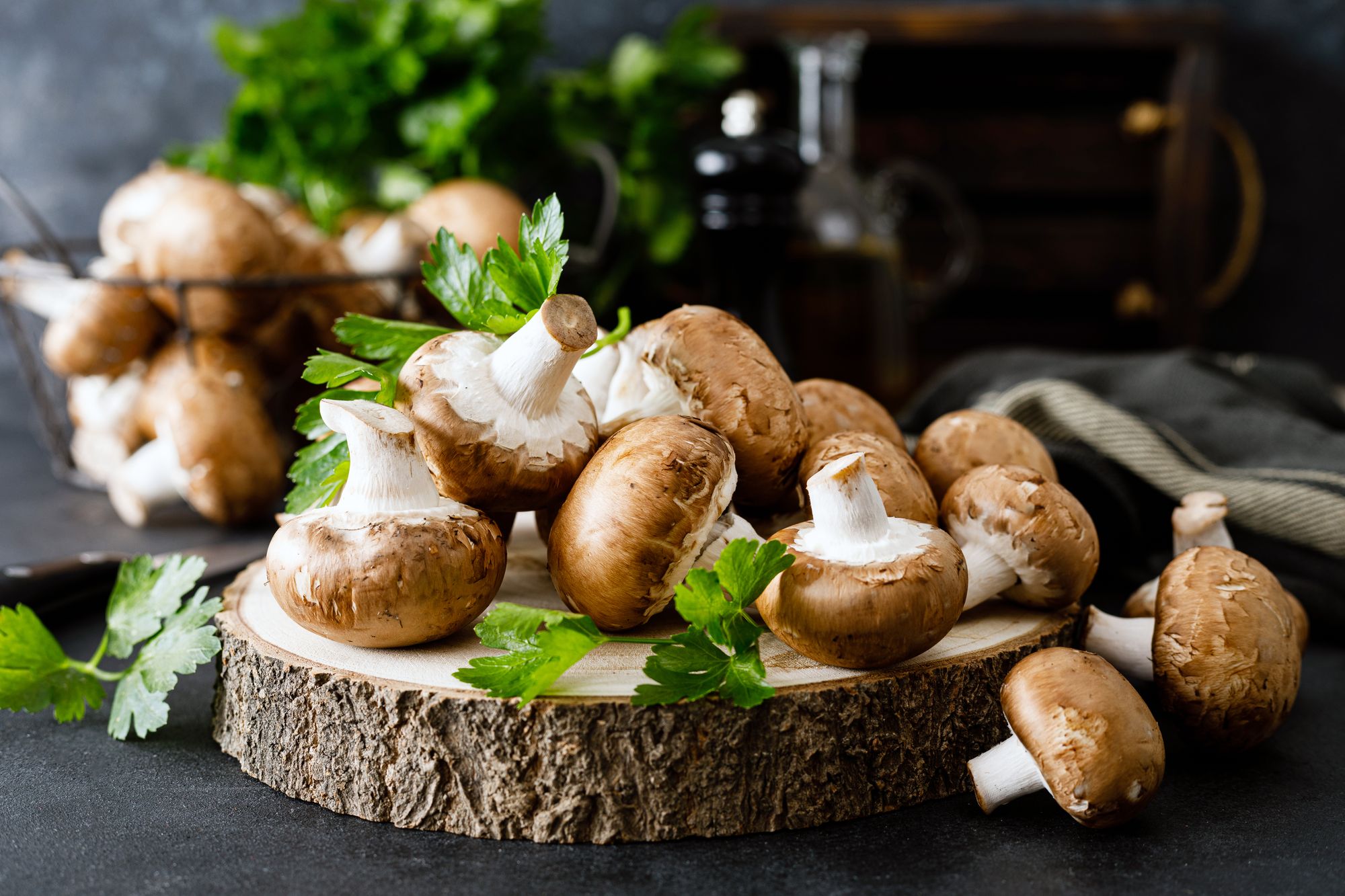
Mushrooms have a long history of use in protecting against various infectious diseases, with roots tracing back thousands of years to early Chinese, Egyptian, Greek, and Roman cultures. These fungi offer several key nutrients that support a healthy immune system, including selenium, Vitamin D, and B6. Vitamin D is crucial for your immune system's ability to combat bacteria and viruses, and mushrooms are the only produce item containing this essential vitamin. All mushrooms contain some vitamin D, but UV-exposed mushrooms lead the pack, offering 50-128% of the recommended daily allowance. Incorporate mushrooms into salads, pair them with eggs, or blend them with ground meat for healthier, immunity-boosting meals.
10) Yogurt:
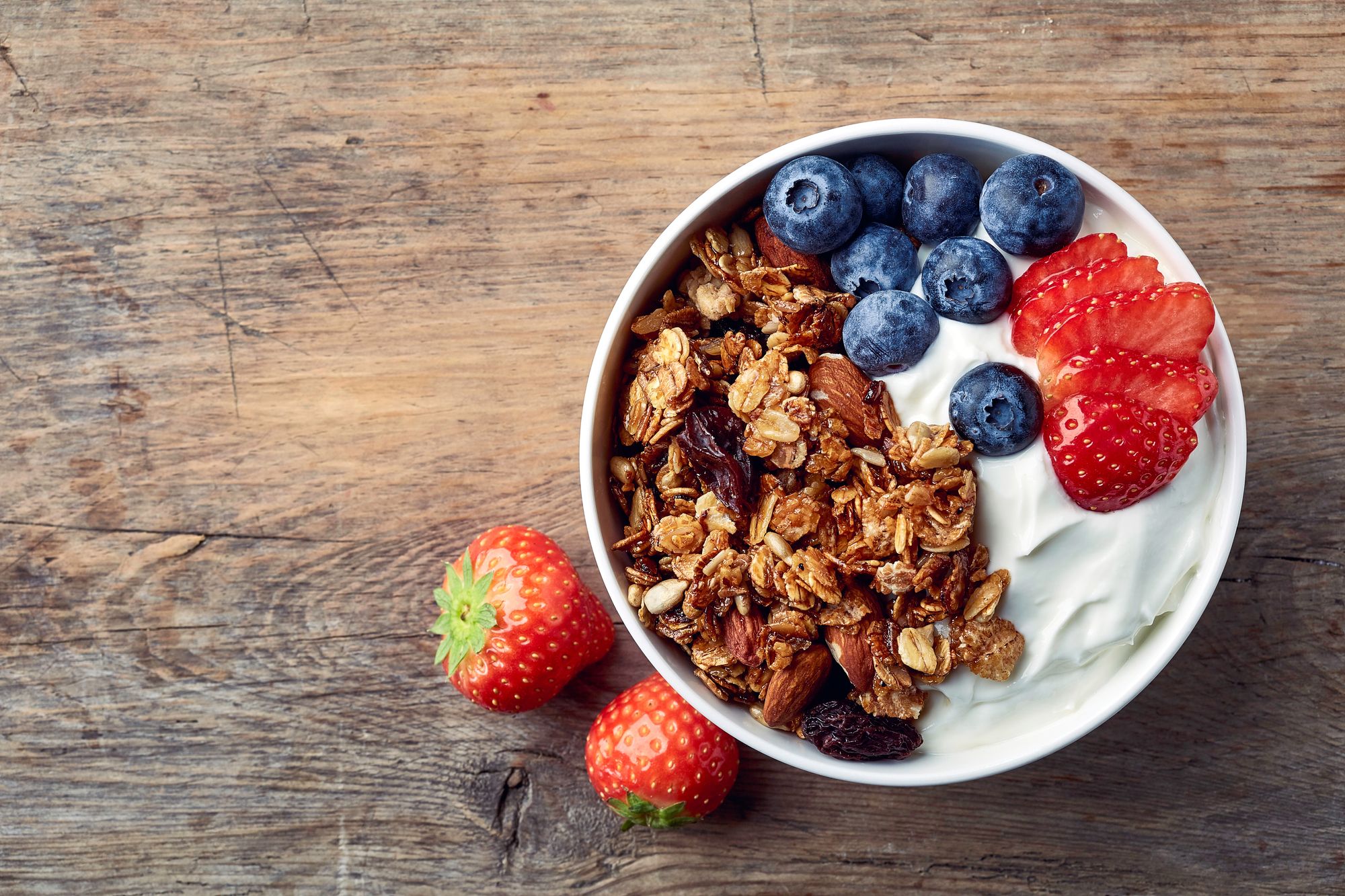
Yogurt is renowned as an immune booster due to its provision of "live and active cultures" that contribute to improved gut microbiota. The cells lining your gastrointestinal tract form a primary defense against pathogens that enter your body. The GI tract houses specialized immune cells that help neutralize ingested pathogens. A review article in the Journal of Applied Microbiology defines probiotics as microbial food supplements with beneficial effects on consumers. Most probiotics in the US diet are found in yogurt, kefir, or other fermented foods. These beneficial bacteria enhance intestinal tract health, boost the immune system, aid nutrient absorption, and reduce the risk of certain cancers, among other health benefits.

